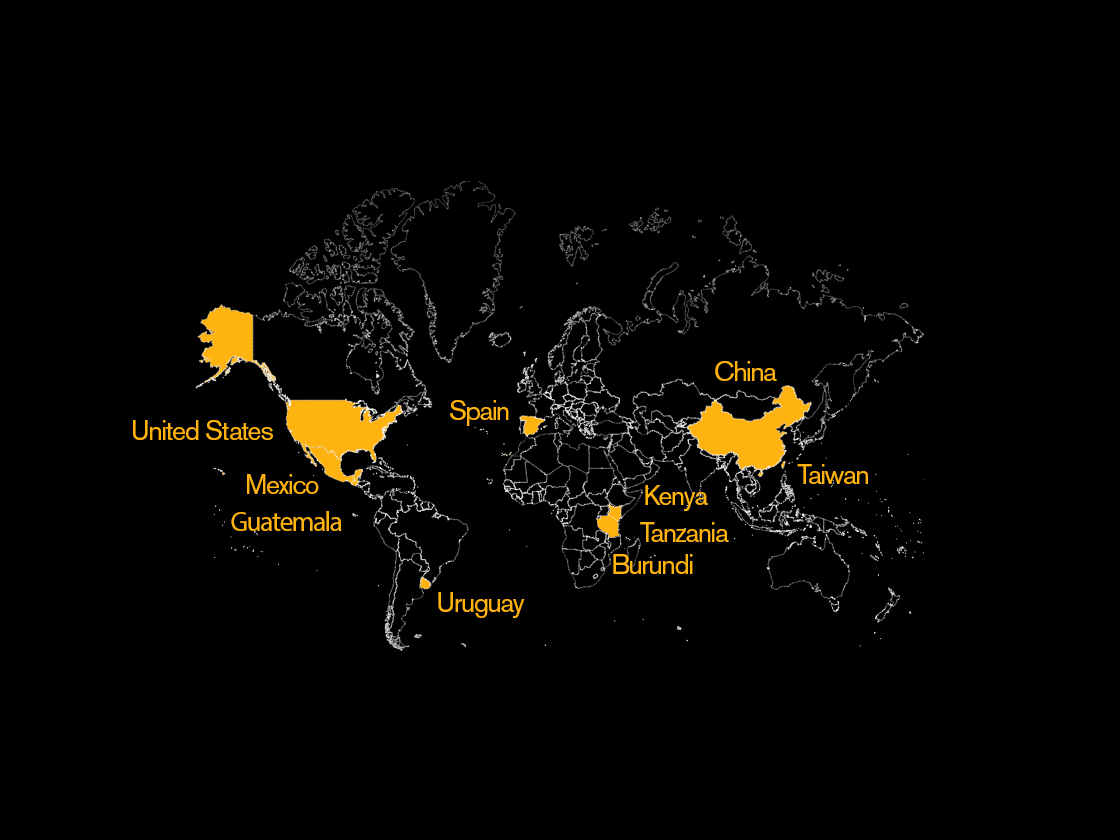Families Preparing the New Generation: Human rights and migration

Migrants families in transit from Central and South America
Flavio F. Marsiglia, PhD
María Elena Ramos Tovar
GCAHR joined a bi-national research network in collaboration with the Universidad Autónoma de Nuevo León (UANL) and the Universidad Autónoma de Tamaulipas (UAT) in Nuevo León, Mexico, in a two-year partnership to examine migrants’ experiences of human rights violations, perceptions of insecurity, discrimination, and emotional and psychosocial well-being. The pilot study aimed to provide guidelines for future policy and evidence-based programs that support migrant families both in Nuevo León and Arizona.
These data will contribute to an analysis of social and cultural protective factors that should be taken into account in terms of migrants’ human rights and well-being and will place them in the context of the local culture, legal and social systems. GCAHR, UANL, and UAT will conduct a pilot study in Nuevo León, Mexico of the parenting intervention developed at GCAHR with Latino families in Phoenix, AZ called, Families Preparing the New Generation.
Migrants in transit from Central and South America to the metropolitan area of Monterrey, Nuevo Léon, Mexico as well as Latino migrants in Phoenix, AZ participated in interviews and focus groups to obtain individual narratives and a metanarrative on human rights and the well-being of migrant families. GCAHR, UANL, and UAT conducted a pilot study in Nuevo León, Mexico of the parenting intervention developed at GCAHR with Latino families in Phoenix, AZ called, Familias Preparando la Nueva Generación (Families Preparing the New Generation).
While the intention to migrate to the US has a protective effect for many Mexican youths regarding their educational aspirations, it appears to accelerate the onset of risky behaviors overtime for a much smaller group of students. Having a stronger desire to migrate to the US to work or live was associated with a higher frequency of violent behavior, a higher number of substances used, and more types of sexual risk-taking behavior.